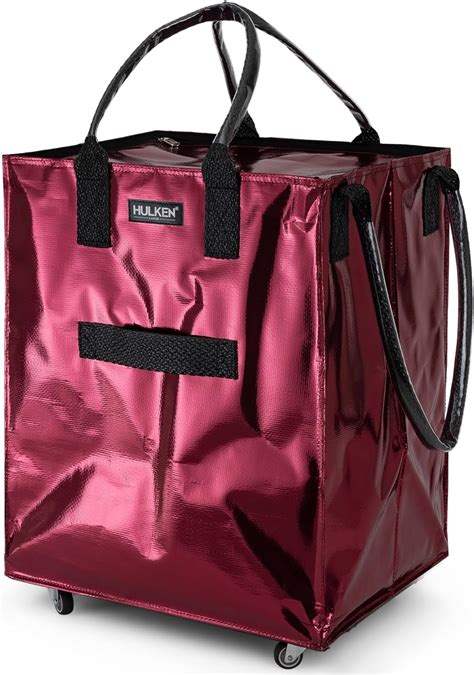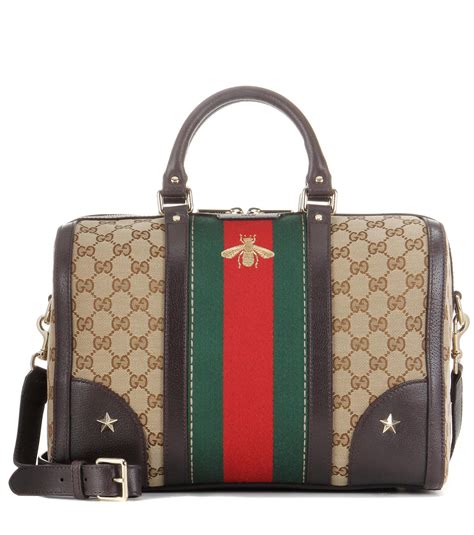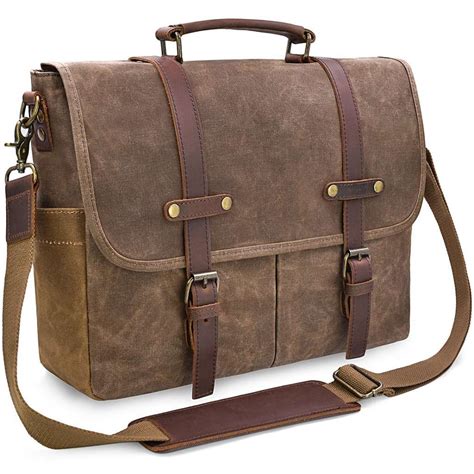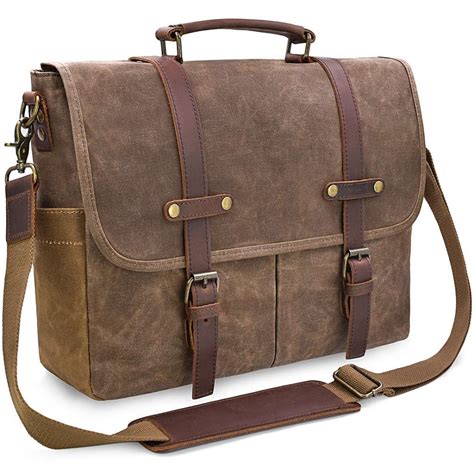air canada baggage fee | air canada baggage fee refund
$216.00
In stock
Traveling by air can be an exciting adventure, connecting us to new cultures, business opportunities, and cherished loved ones. However, the often-overlooked aspect of baggage fees can quickly transform that excitement into frustration and a dent in your travel budget. Air Canada, one of the leading airlines in Canada, has a comprehensive baggage fee structure that passengers need to understand to avoid unexpected costs and ensure a smooth travel experience. This article delves deep into the intricacies of Air Canada's baggage fees, covering everything from checked baggage costs and carry-on allowances to refund policies and strategies for minimizing expenses. We will also compare Air Canada's fees with those of its competitor, WestJet, and address frequently asked questions to provide a comprehensive guide to navigating the world of Air Canada baggage.
Checked Baggage Fees Air Canada: A Detailed Breakdown
Air Canada's checked baggage fees are structured based on several factors, including the destination, fare class, and Aeroplan Elite status. Understanding these factors is crucial for planning your trip and budgeting accordingly. As of February 28, 2025, Air Canada and WestJet have largely similar baggage fee structures for flights within Canada and to various international destinations. However, minor differences may exist, so it's always best to check the specific details on each airline's website before your flight.
Here's a breakdown of the key elements determining Air Canada's checked baggage fees:
* Destination: Baggage fees vary significantly depending on where you're flying. Flights within Canada and to the US generally have lower fees compared to international flights to Europe, Asia, or South America. Air Canada categorizes destinations into zones, each with its corresponding baggage fee structure. These zones typically include:
* Flights within Canada: This category covers flights between Canadian cities.
* Flights between Canada and the United States (including Hawaii): This encompasses flights between Canada and the continental US, Alaska, and Hawaii.air canada baggage fee
* Flights between Canada and Mexico, the Caribbean, and Central America: This includes flights to popular vacation destinations in these regions.
* Flights between Canada and Europe: This category covers flights to various European countries.
* Flights between Canada and Asia, Africa, the Middle East, and South America: This encompasses flights to more distant international destinations.
* Fare Class: The fare class you book significantly impacts baggage fees. Higher fare classes, such as Business Class or Latitude, often include complimentary checked baggage allowances, while lower fare classes, such as Basic Economy or Economy Standard, typically require you to pay for checked bags.
* Aeroplan Elite Status: Air Canada's Aeroplan Elite status members receive complimentary checked baggage allowances as part of their benefits. The number of free checked bags varies based on their status level (25K, 35K, 50K, 75K, and Super Elite). Higher status levels generally receive more generous baggage allowances. This is a significant perk for frequent flyers and can result in substantial savings on baggage fees over time.
* Advance Purchase vs. Airport Purchase: Purchasing your baggage allowance online in advance is typically cheaper than paying at the airport. Air Canada often offers discounted rates for online pre-payment, encouraging passengers to plan ahead.
* Number of Checked Bags: The fees increase with each additional checked bag beyond the allowance (if any) included in your fare or granted through your Aeroplan Elite status. The first checked bag usually incurs a lower fee than the second or subsequent bags.
Air Canada Baggage Fee Refund: Understanding the Policy
While it's always best to avoid paying unnecessary baggage fees in the first place, situations may arise where you believe you're entitled to a refund. Air Canada's baggage fee refund policy outlines the circumstances under which a refund may be granted.
Common scenarios where you might be eligible for a baggage fee refund include:
* Lost or Damaged Baggage: If Air Canada loses your checked baggage and fails to locate it within a specified timeframe (typically 21 days), you are entitled to a refund of the baggage fee. Similarly, if your baggage is damaged during transport, you may be eligible for compensation, which could include a refund of the baggage fee.
* Flight Cancellation or Significant Delay: If Air Canada cancels your flight or experiences a significant delay that leads you to cancel your trip, you may be entitled to a refund of the baggage fee you paid. However, the specific terms and conditions may vary depending on the reason for the cancellation or delay and the fare rules of your ticket.
* Overpayment or Incorrect Charge: If you were charged an incorrect baggage fee due to an error on Air Canada's part, you are entitled to a refund of the difference.
How to Request a Baggage Fee Refund:
To request a baggage fee refund, you typically need to contact Air Canada's customer service department. This can be done through their website, phone, or social media channels. You will need to provide documentation to support your claim, such as your flight itinerary, baggage receipt, and any relevant correspondence with Air Canada regarding the issue.
Air Canada Carry-On Baggage Fees: What You Need to Know
Additional information
| Dimensions | 5.3 × 5.4 × 1.1 in |
|---|









